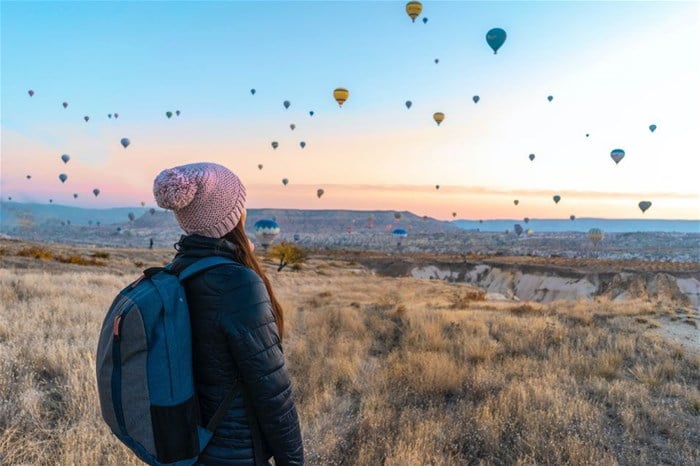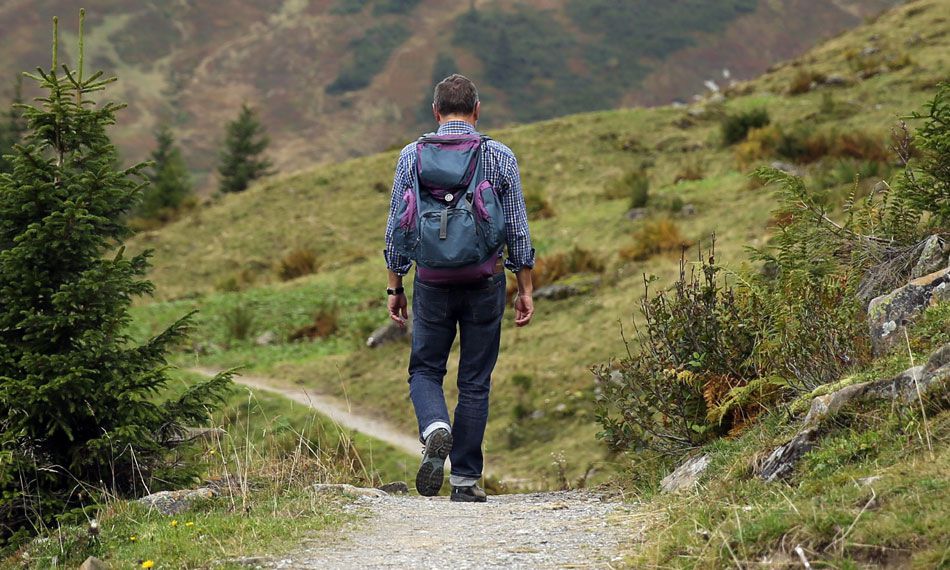Tourism businesses have long known that it's imperative to become more sustainable and to actively seek ways to reduce their carbon footprint. And many have been making great strides in this regard with operators and hotels committing to be better and do better when it comes to environmental impact.
The devastating drought that hit the Western Cape a few years back set the stage for the industry to develop ways of improving their environmental impact. Many establishments focused on reusing water, for instance, and the adjustments they introduced are still in place.
Earlier this year, Radisson Hotel Group made it known that it is making a strong commitment to decarbonise its business by setting ambitious emission reduction targets to be net zero by 2050.
The group revealed its sustainability targets in line with its strategic five-year plan. These include its ambitious commitment to becoming net zero by 2050; to accelerating the implementation of the cross-industry Pathway to Net Positive Hospitality and Hotel Sustainability Basics initiative; and to reaffirm the Group’s commitment to People, Community, and Planet as an award-winning employer.
While the industry is showing up to ensure a greener and cleaner future, travellers also have a role to play. So, what can travellers do? How can tourists become more responsible in the way that they travel? Below are five easy ways:
Research your accommodation
A good first step in planning an environmentally friendly holiday is to make sure that your accommodation has “green” initiatives in place.
“We have signs in our bathrooms that encourage guests to reuse their towels rather than use a fresh one every day,” says Wendy Adams, Executive Housekeeper at Radisson Blu Hotel Waterfront. “This saves us water and reduces the amount of detergents we use. In-room linen cards give guests the option of having their linen changed every second day. Guests choosing this option instead of optional daily linen changes can help us have a lighter impact on the planet during their stay."
Also, if you can, look into the business practices of the accommodation you choose and try to ascertain their values. Do they care about the environment in any way? They should.
“Tourism businesses today cannot operate without attempting to understand the impact that they have on the environment and the ecosystem,” says Anton Gillis, Kruger Gate Hotel CEO. “No industry is excused in this regard. And, for the hospitality industry, this is becoming increasingly important. What does this mean for hotels such as Kruger Gate Hotel and others located in national parks and nature reserves? For one, it means giving more than we take.
“Often what people may see is hotels using their surrounding areas - their location - as a marketing tool to sell more rooms and entice potential visitors to book. But what we at Kruger Gate Hotel are trying to do is to use the land around us and the natural environment to find potential solutions to environmental issues that we may face. Secondly, it means we need to adopt measures that not only improve guest experience but also mitigate waste across the supply chain and procurement, and this includes reducing wasteful expenditure.”
“For example,” adds Anton, “two thirds of the property is zoned for conservation. We have also cut down our electricity consumption by 25% through the use of environmentally friendly lighting and appliances. The hotel draws water from the river which is purified at the hotel for consumption and then returned back to the river. The system also cleans the water before it’s returned to the river. It is a 360 degrees system that ensures a sustainable relationship with the environment.”
“To add to this, we have rid ourselves of the use of plastic bottles throughout the hotel by using the Vivreau Water Purification system and coupled this process with the use of glass bottles for serving. Lastly, we have also ensured that all wet waste from the hotel is recycled through the local community pig farm. This waste is given to the farm free of charge.”
Support small businesses
As a tourist, your spending can have a direct impact on local communities if you choose to support small and local businesses. When you book into your accommodation, take a look at the shops in your area and research local markets. Buy a snack at the corner shop if you can and purchase mementos from local crafters. All of this money could go directly into the pockets of those who work there and helps locals support their families as it also creates employment through the use of additional suppliers and team members. It is clear that the way in which visitors spend their money creates a strong value chain for the industry.
Reduce, reuse and recycle
This is a phrase we’ve seen across the world and it’s something that travellers can easily do while on holiday. Reduce your waste by purchasing reusable bags, water bottles and coffee cups. Reuse these every time you need a refill and, if you must buy plastic or or use single-use materials, recycle. Ask your accommodation provider whether they offer recycling and keep an eye out for recycling bins. Large tourist areas such as the V&A Waterfront in Cape Town have dedicated recycling bins for visitors to make use of.
Top tip: When you purchase your reusable items, look for cute and funky ones that can double as mementos for you to take home with you. This way, every time you use the item at home, you are reminded of the amazing trip you had.
Choose sustainable animal engagement activities
Across the world there are animal engagements that are harmful to animals in a number of ways. These activities keep animals captured and enslaved and sometimes maltreated by those who mind them.
If you wish to do an animal or wildlife activity, look for ones that are run by people or organisations that are truly passionate about animal welfare. Consider volunteering at an animal organisation in the city that you are visiting. This will help animals in need, but it’s also a great opportunity to meet some locals.
Other animal encounters to consider include safari drives in national parks where the utmost respect is given to the animals and the environment, and visiting ethical animal sanctuaries that treat injured animals and those that are unable to survive in the wild. However, try to avoid experiences that put humans directly in touch with animals, such as big cat encounters. This has been proven to place a huge amount of stress on the animals which often act in unpredictable ways as a result.
Respect local cultures and traditions
Before you travel, do some research on the country that you are visiting to see what the customs are. And then be sure to adhere to thess. For example, if you wish to visit an attraction that requires you to remove your shoes or wear a scarf, do so without fuss.
Look up how different cultures greet, and what the accepted norms are, and then make an effort to respect this. Even smaller things such as what should happen when you want to tip. Not all countries have a tipping culture.
These are just some of the small changes that you can make when you visit another country or city. And if many people make these small changes, imagine the big difference that will occur over time.













































